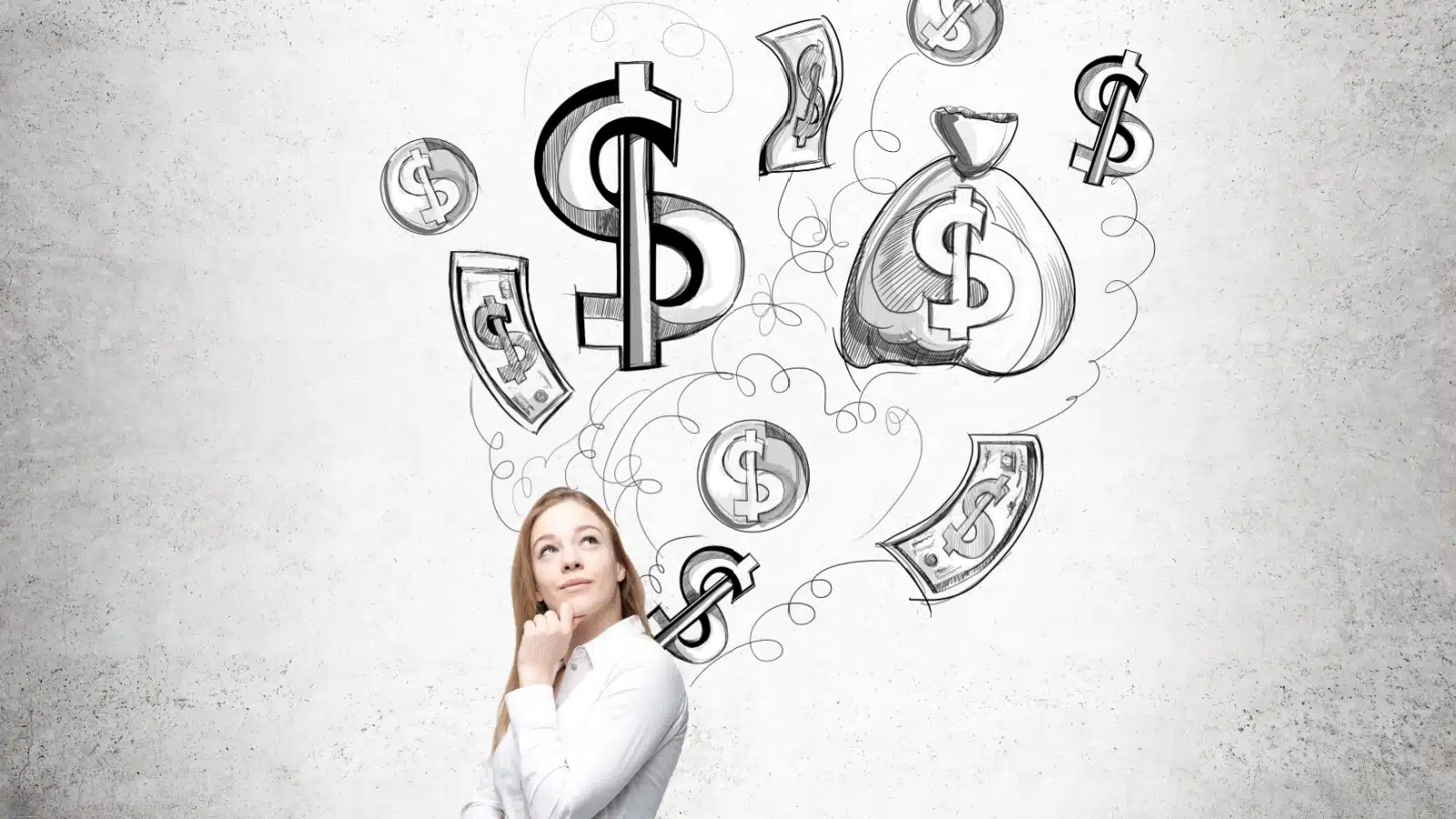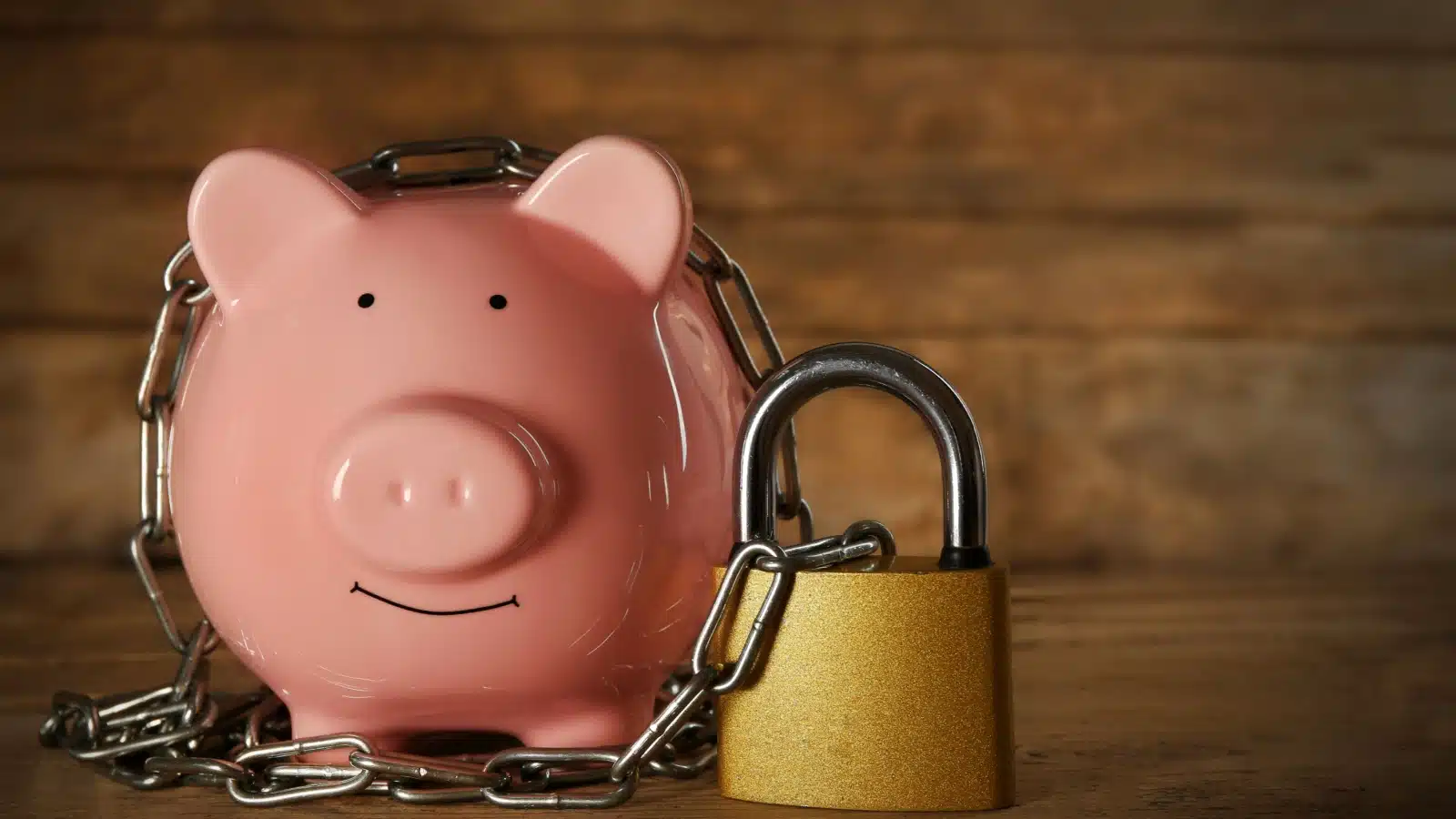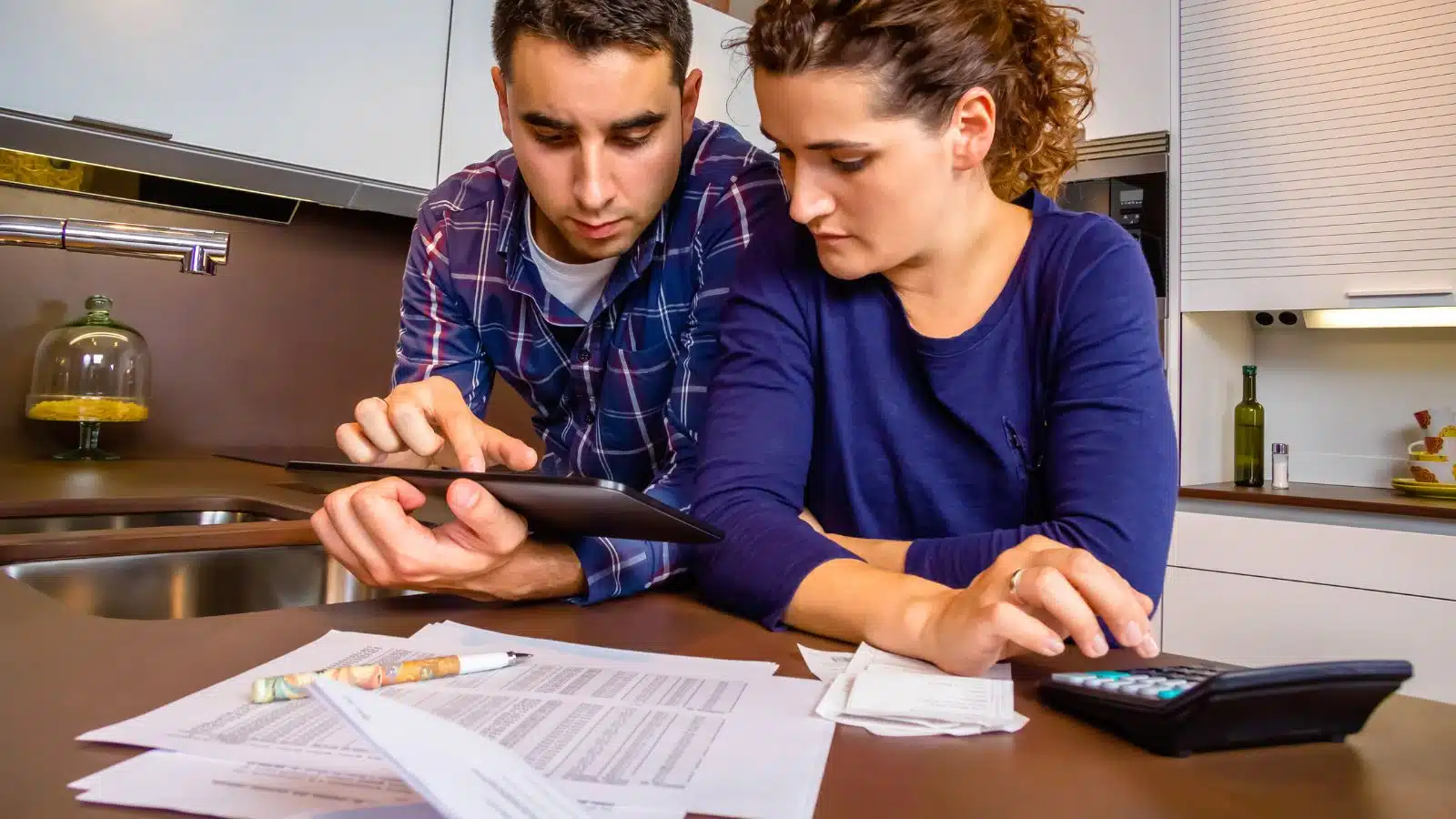Financial responsibility is essential for everyone. It’s part of being an adult and a functioning member of society.
Though normal people think of paying bills and making smart money moves when they hear the term, it means something different in financial circles.
The term encompasses a wide range of ideas, ranging from basic adulting to insurance liability.
We’ll explore it all to help you understand both the overarching idea and the niche topics considered under the financial responsibility umbrella.
What Does Financial Responsibility Mean?
In a general sense, being financially responsible means paying your bills on time, not taking on more debt than you can afford, and being accountable for your own life. Financially responsible people live within their means and pay their bills on time. They manage their money in productive ways to ensure a secure future and prepare themselves for the unexpected, so a financial liability won’t destroy their lives.
However, the term also applies to a specific insurance event, where it refers to the person who has to pay when an insurance claim is processed.
Financial Responsibility and Insurance

Let’s get the boring (yet essential!) stuff out of the way first.
Insurance agents and other financial professionals have a very specific definition of financial responsibility, and nearly every insurance policy, from car insurance to homeowners insurance and even medical insurance, dictates who is “financially responsible” in a variety of scenarios.
Financial responsibility often specifically refers to insurance. Car insurance, homeowners insurance, and even medical insurance dictate who is financially responsible in a variety of scenarios.
Motor Vehicle Insurance
You need to prove that you have accepted responsibility for the immense privilege of driving a motor vehicle in case something goes wrong. That could mean a car accident, property damage, or any other incident you might be responsible for while driving.
To prove you’ve accepted financial liability, you need auto insurance. Most states require you to show proof of liability insurance during the vehicle registration process. Liability insurance protects you (and others) from accidents that you cause. You are financially responsible for any damage you cause due to an accident that is your fault, and liability insurance will help you pay for those damages.
Lien-holders usually require full coverage on vehicles they own. If you buy a new car, the finance company holds the lien until it is paid off. The lien holder wants to protect their investment, so they require borrowers to carry more insurance to protect against any accident. Full coverage usually includes protection against uninsured and underinsured motorists and is a good idea whether it’s required or not.
If you get into an accident (or get pulled over for any other reason), you must provide proof of insurance. Failure to carry insurance while driving can lead to license suspension or revocation.
Each state and each lien holder may have different requirements, so be sure to check the rules of your specific state to ensure you have the proper coverage.
Homeowners Insurance
The same idea applies to homeowners’ insurance. If you have a mortgage, you must protect the lien holder’s investment with insurance. Most homeowners’ insurance policies cover fire and wind damage. The insurance company is financially responsible for paying to fix any damages caused to the house covered in the insurance policy (minus any deductible). Non-covered expenses are the homeowner’s responsibility, so knowing what is covered in your policy and what is not is vital.
One big catastrophic event that typically isn’t included in traditional homeowners insurance is flood coverage. Homeowners in flood zones must show proof of flood insurance when purchasing a home, but all homeowners should consider it.
Even if you don’t have a lien, it’s smart to carry homeowners insurance to protect against injury and property damage, as you may be liable for the medical payments if someone is injured at your home. Insurance also protects your investment from catastrophic loss.
Why Is Financial Responsibility Important?

Studio Romantic via Shutterstock.com.
Financial responsibility is important because showing it grants you privileges such as driving. However, the importance of financial responsibility isn’t limited to insurance.
Embracing financial responsibility in your personal life is critical. Money management skills will help you increase your credit score, buy a house, and maintain an emergency fund. It will also help you budget for things you want or escape a job you hate.
Accepting responsibility for your financial life is essential because everything in our lives is related to money. We need to pay for a place to live, food to eat, clothes to wear, and heat to keep us warm.
The Dangers of Financial Irresponsibility
I once dated a man who was financially irresponsible to a ridiculous degree. This man was in his late 30s, but would blow all of his money on video games or going out, and then act surprised that rent was due and he didn’t have any money. His credit was atrocious, and he couldn’t even finance a phone.
In addition, he was financially abusive. He would steal from me and gaslight me about it. But he’d also somehow turn his lack of financial responsibility into my problem. He couldn’t cover rent or afford the things he needed, and he’d guilt me into “helping him out.” As it turned out, he was just a manipulative man-child who saw my vulnerability and exploited it, but he provides an excellent example of what not to do.
Don’t spend all your money on “fun” stuff when you have bills to pay. Financial responsibility is about attending to your needs first, then considering your wants.
Financial Responsibility and Savings
Another key component of financial responsibility (and personal finance in general) is having a savings account.
A savings account can help you weather financial storms – whether a one-time financial emergency, such as a vet bill or broken appliance, or a long-term emergency, such as a job loss.
Some experts recommend that you have $1000 in an emergency fund, but I don’t think that’s enough. I’ve never met an emergency that costs less than $800, and most of them are over $1000. My fully funded emergency account has $5000, so I can handle any unexpected event that comes my way.
However, don’t fret if you’re not even close to $1000. Most people aren’t, and some people may not need much more.
The crucial step is getting started. Open your account and start with just $10. Use our money-saving tips to find ways to cut back and fund your account. You can decide later how much is “enough” for your unique situation, but you need to start now.
How Can I Be More Financially Responsible?

ImageFlow via Shutterstock.com.
Some of us may recognize that we need to be more responsible with our money, but getting there presents a challenge. We work hard, don’t we deserve a treat, like a night out or that fancy new top you’ve been eyeballing?
I understand that thought process and that it’s tough out there right now. We’re on the cusp of a recession, wages are low, and the cost of living continues to soar.
We shouldn’t have to work so hard and never have anything fun. But there is a way to balance that – to ensure you take responsibility for your adult life while also enjoying yourself.
These three tips will help you become more financially responsible without limiting yourself (too much).
Hey folks! Transparency Disclosure- Some of the links in this article are affiliate links. That means I’ll receive a small commission if you decide to click on it and buy something. Don’t worry, it doesn’t cost you anything extra!
1. Prioritize
The first thing you need to do is prioritize your spending. Take a long, hard look at what really is important to you. What are your future goals, and how does your spending support those goals?
James Frick said it best “Don’t tell me where your priorities are. Show me your budget, and I’ll tell you what they are”.
Are you prioritizing fun over paying the bills? Drinks over buying food?
If that’s the case, it’s time to reexamine what’s important to you. It may be that you would rather couch surf than pay rent if it means you can party every night. If that’s your priority, fine, but don’t expect others to pick up the slack for you. Don’t get into a relationship, don’t have kids, and don’t leech off of everyone else.
But if you realize you’d rather have more financial security, you can break those bad habits and make changes.
Now you can move on to tip two:
2. Budget
Budgets have a bad rap. Just hearing that word makes us all sigh out a collective groan. But it doesn’t have to be a dirty word. A personal budget can help ensure that your spending is aligned with your priorities and lead you to a financially responsible life.
Budgets can help you make adult decisions like “I can’t afford to go out tonight” or “I need to buy groceries instead of that new game.” It can also help you determine how much money you can reasonably afford to save from each paycheck.
Don’t Spend Money You Don’t Have

A significant part of budgeting is ensuring you don’t spend money you don’t have. Stop using your credit card to pay for wants. Leave the credit cards at home when you go shopping or out to dinner, and only use money that you have budgeted explicitly for these fun activities.
Unfortunately, financial emergencies happen. Life can be difficult sometimes, and in those times, it’s okay to rely on credit to pay for things you need if your emergency fund isn’t enough. Credit cards can be lifesavers in these situations.
However, you should never buy something with credit simply because you want it.
Recognize wants versus needs, and ensure it’s a need before using credit.
3. Increase your Income
You can’t budget your way out of poverty. Sometimes, there simply isn’t enough money to pay for life. You need to increase your income. Making more money will ensure you can pay your bills and allow you to put more fun money into your budget.
You can increase your income by improving your skills and getting a better job, or through a side job. I love the idea of a side gig because it gives you more control over your income. If you aren’t sure how to start, I recommend Launch Your Side Hustle – a comprehensive course that teaches you everything you need to know about it.
Improving your skills will also help you increase your income. Check out online certification programs to gain skills in growing industries, or ask your boss for professional development projects outside the scope of your primary duties.
Personal Responsibility vs. Progressive Policies

Tinnakorn jorruang via Shutterstock.com.
You might think I don’t believe in personal financial responsibility due to all the content I write about UBI, healthcare, and our messed-up financial system in general.
That couldn’t be further from the truth. I do believe in personal responsibility. People should carry insurance, meet their financial obligations, and be responsible for their own lives.
However, we need to find a balance. The point of living in a society is to help one another. Nobody should be hungry and homeless in a society of plenty. People shouldn’t have to toil for their entire lives in meaningless, backbreaking jobs just to survive. We can do better than that.
Progressive policies are not about taking personal financial responsibility away. They are about coming together as a society to ensure everyone has their basic needs covered and ensuring everyone has the opportunity to succeed.
Financial Responsibility vs. Lack of Opportunity
It’s so easy to say “they should have planned better” or any of the thousands of dismissive things we hear about the poor when you’ve had plenty of opportunities to succeed. The harsh truth is that the US is not the land of opportunity for everyone.
Systematic racism keeps entire communities trapped in poverty. The gender wage gap prevents women from getting ahead. Even if you’re in a group that doesn’t face discrimination daily, getting ahead is harder and harder.
Telling the people affected by these unjust systems that they should have tried harder is tone-deaf at best. We need to acknowledge the systems that are in place that hurt people, and we need to do the work to dismantle those systems.
Surviving in the World We Live In
It’s also important to acknowledge that although I long for a society where we care for each other and everyone is equal, that’s not the reality, and it probably won’t be for a long time. Because of that, we have no other option but to rely on ourselves for survival.
We need to live in our world and fight for a better future so that those who come after have it better. Doing our best to be financially responsible in our own lives while fighting for those without the same opportunities is the best way to go about that.
Financial Responsibility Always Matters
Financial responsibility is essential for all of us. If we want the privilege of driving, we need to obtain a driver’s license and show that we are responsible for any damages caused by our time as a motorist. If we want to survive in the world, we need to take responsibility for our own bills and the cost of living.
Financial responsibility is vital for all aspects of our lives.
Take the reins and take control of your own economic life, become more responsible with money, and give yourself the ability to live the life you’ve always wanted.

